TRAVEL | A treasure trove of history at Boljoon, Cebu
Angels standing guard over the entrance to the church grounds at Boljoon.
Poring over Kwittiegirl's Instagram photos of her little trip to the southern part of Cebu province last May, I'm filled with this yearning to really go visit these places she's been to. After Aloguinsan, where she enjoyed a simple yet lovely cruise along the Bojo River, I'm now sharing with you some of her smartphone shots of Boljoon (pronounced bol-ho-ON, or bull-hu-ON in true-blue Cebuano accent).
A fifth class municipality, Boljoon may be as simple as it gets but it does offer some nice views. It's a coastal town bordered by limestone cliffs and hills and has a lush mountain backdrop, making it a really picturesque place. Moreover, the people here are really nice and warm, to which Kwittiegirl can attest.
What a wonderful unhurried life they must be living here.
A warm welcome complete with music was accorded Kwittiegirl and company, who were in town for a digital tourism project.
I love this picture. The kid's smile looks really genuine.
A local choir was rehearsing for the Sunday mass. They were naturally all smiles.
Apart from its simplistic charm, Boljoon can take pride in the heritage structures and artifacts that it possesses. It is, after all, a really old town that dates back to the 1500s. The biggest watchtower ever built in Cebu, for instance, is in Boljoon. Called El Gran Baluarte, it's a two-level block structure facing the sea that was built as part of the town's defense system against the Moro raids during the Spanish colonial period.
Another piece of history that stands here is the Escuela Catolica, a two-story wooden structure built in 1940 as a dormitory for children receiving instructions on their first communion. It also once served a school. Today it's used as a meeting place for the parish's different religious organizations.
El Gran Baluarte, still standing and mighty proud.
Escuela Catolica.
The Nuestra Señora de Patrocino Parish Church is perhaps Boljoon's proudest heritage structure. To the uninitiated like me, the church was built in a pseudo-baroque rococo style whose walls are reportedly as thick as its pillars, which are all made of mortar and limestone.
Without a really stunning facade (to me at least) it may not look much on the outside, but it's a totally different story once you enter--a laboriously painted ceiling, altars and pulpits with intricate carvings, and just details everywhere. The ceiling actually reminds me a bit of the San Isidro Labrador Church in Lazi, Siquijor, though the patterns here at Boljoon are much more impressive. Both, however, have been declared national cultural treasures by the National Museum.
The rather unassuming facade of the Boljoon church.
Impressive ceiling, eh?
The equally impressive main altar.
Gotta love how intricate these carvings and paintings are.
A closer look at some of these carvings.
Amazing how it was all about details in those days.
The pulpit, where priests used to deliver their sermons during mass. I really want to see this church myself.
There's always something somewhere in this church.
The baptistry. Funny how I suddenly thought of the Harry Potter books and films where the paintings moved.
The innate beauty of things old and aged.
Kwittiegirl and the rest of their delegation were also showed around the convent and the rest of the church grounds. They have a museum of sorts where old religious relics are kept alongside some 16th century archaeological finds excavated from the church's front lawn in 2008. Among these finds were brass beads and modified bones believed to be either needles or penis ornaments.
It's great that they've catalogued all these items, a healthy sign that they do value history. However, the town needs some serious help in ensuring their preservation, especially since they're very near the sea where exposure to the elements are harsher.
Corridors of old still very much alive today.
What a lovely sight to see nature and history in one setting.
One of the archaeological finds from the 2008 excavation.
Those horny ancestors! What if these were indeed penis ornaments?
Wear and tear. Boljoon really needs help in preserving these relics.
Without proper preservation methods, relics such as these would just eventually disintegrate.
I don't know what these are but they look interesting.
Paper does not last forever. These items here need proper treatment to last.
Moving on to food, I was amused with Kwittiegirl's introduction to torta, which all the while she thought was something made with beaten egg like tortang talong (eggplant fried with beaten egg, sometimes with ground pork). Much to her surprise, it was some baked goodie akin to mamon (sponge cake), only denser. A common offering across different towns in Cebu, and with each one most probably claiming to be the original, it was something I didn't really think much about during my college years in the city. But now I miss it.
Now this is what Cebu calls torta.
My Bibe also got these cheap cookies from a local bakery. They were crumbly but good.
Despite holding a treasure trove of heritage, not many tourists come to visit this part of Cebu. But hopefully that will change as concerned Cebuanos like Boboi Costas of Grassroots Travel have been hard at work in developing the tourism potential of Boljoon, along with those of Aloguinsan and other towns.
Startup InnoPub Media, in partnership with Smart, has also been busy with the digital aspect of these tourism efforts. They've already begun developing online guides and putting up markers in select points of interest like El Gran Baluarte and Escuela Catolica. Each marker contains a brief description of the site and a QR code that directs you to an online guide for more content. It's also NFC-enabled.
Now I hope to visit Boljoon soon and experience all this firsthand. [Update: Well, guess what? I finally did! Check out my blog post about the Boljoon Church and surrounding attractions.]
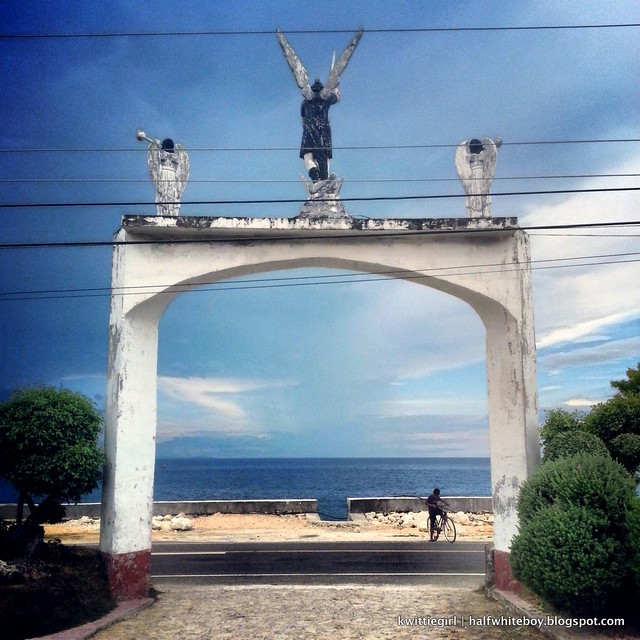
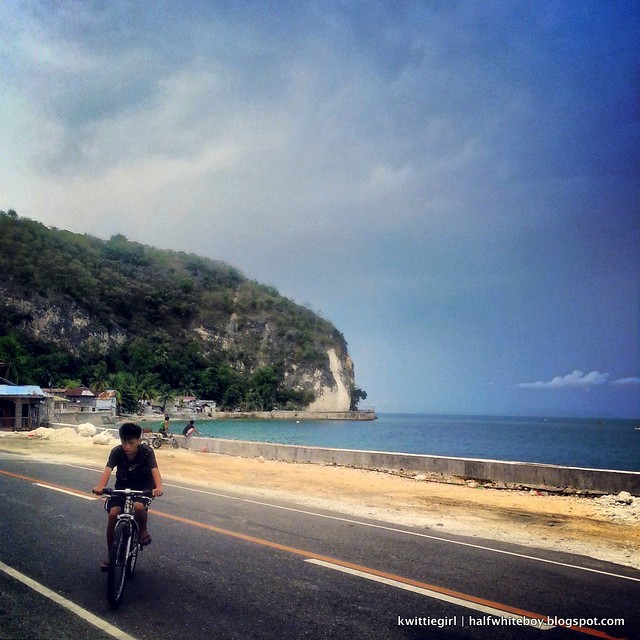
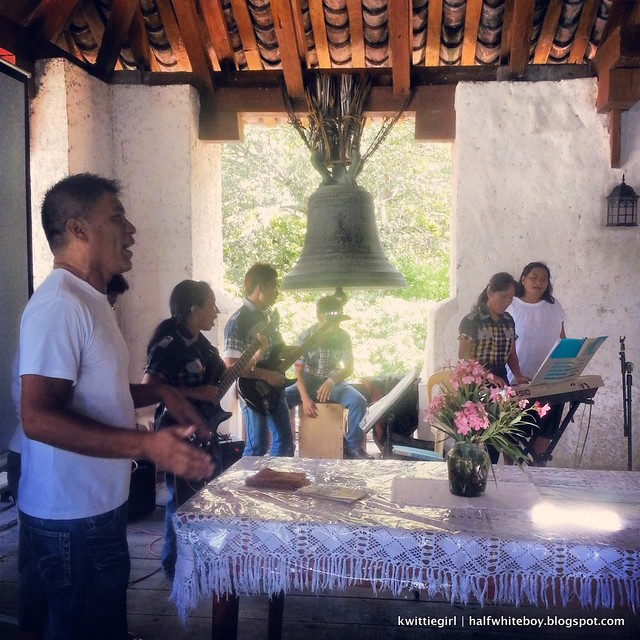
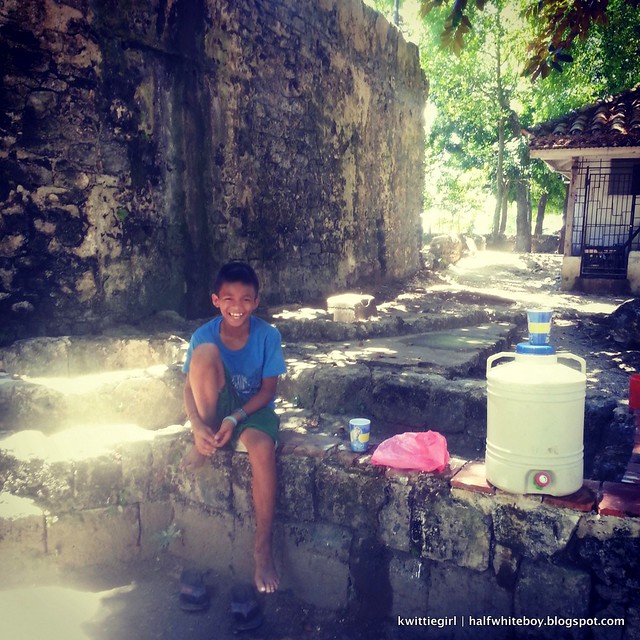
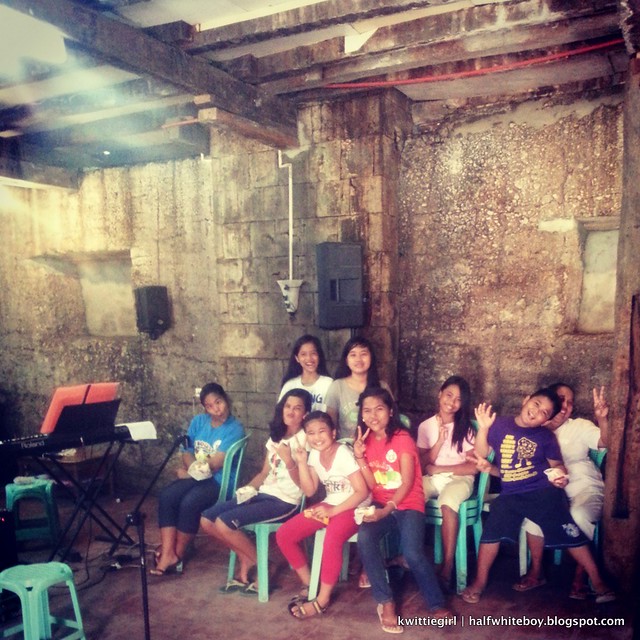
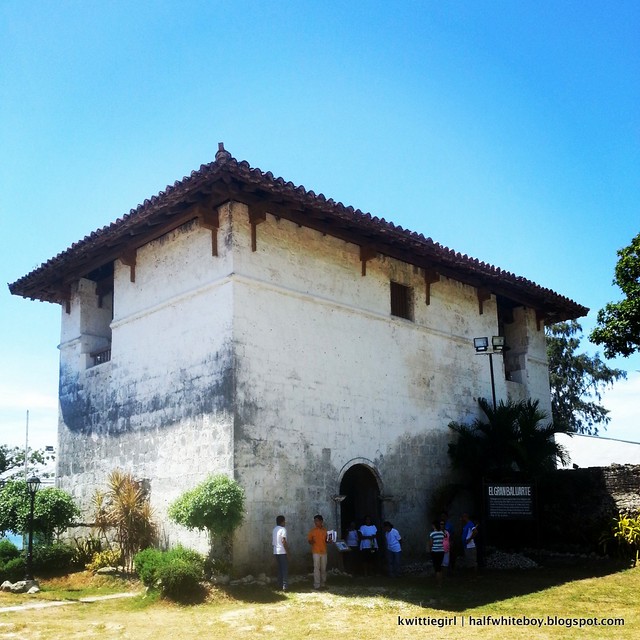

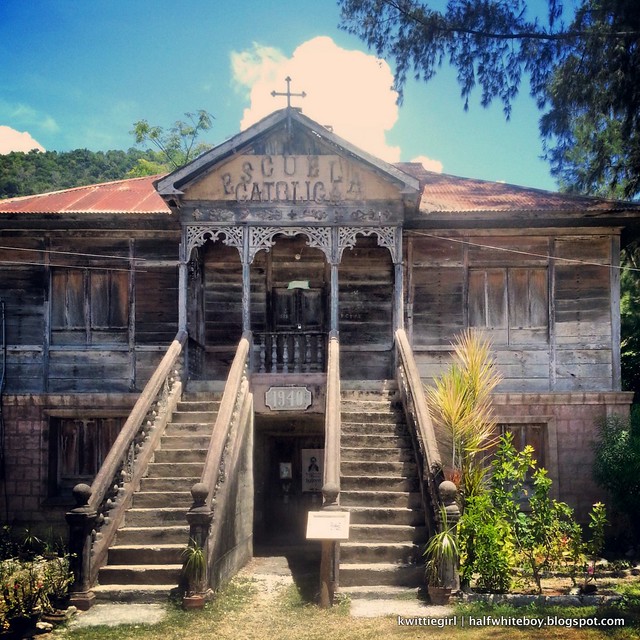
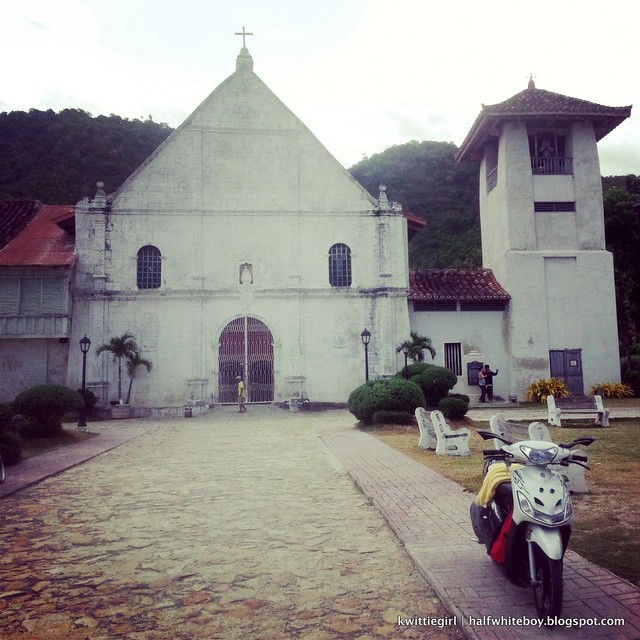
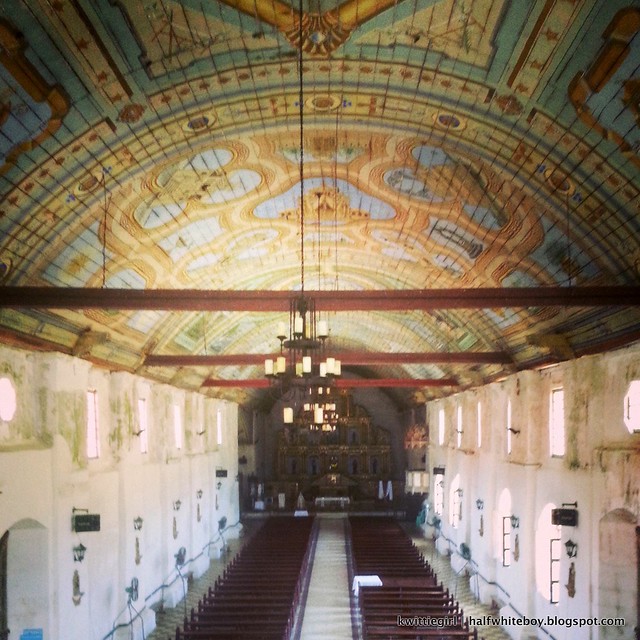
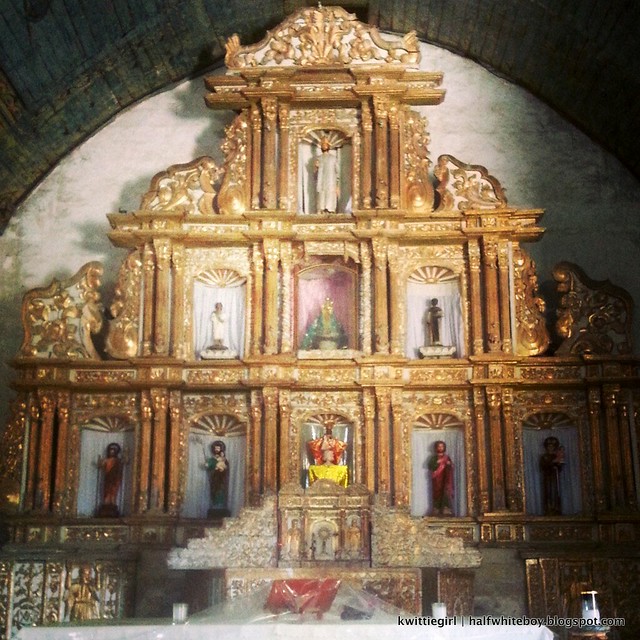
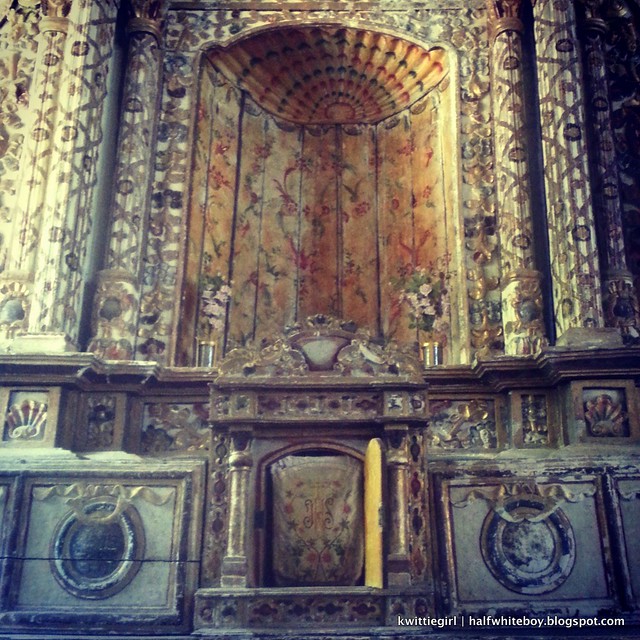
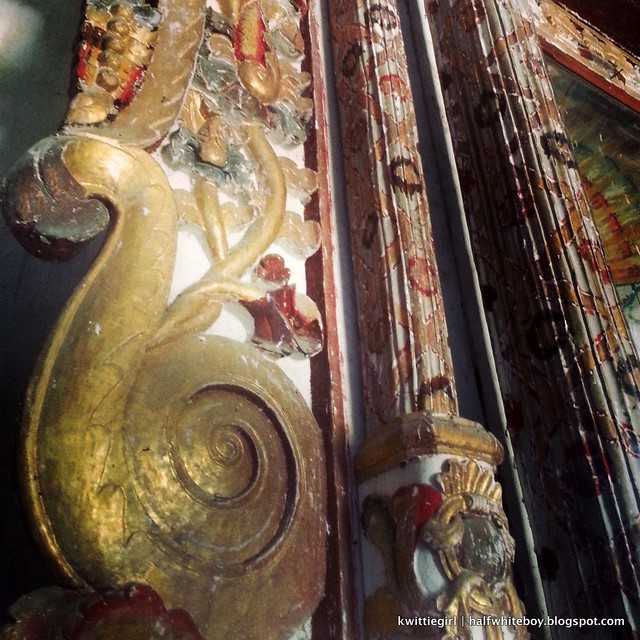
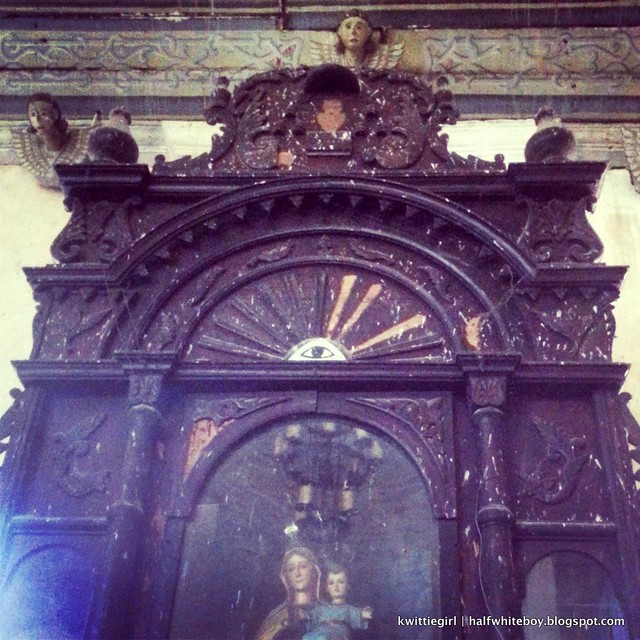
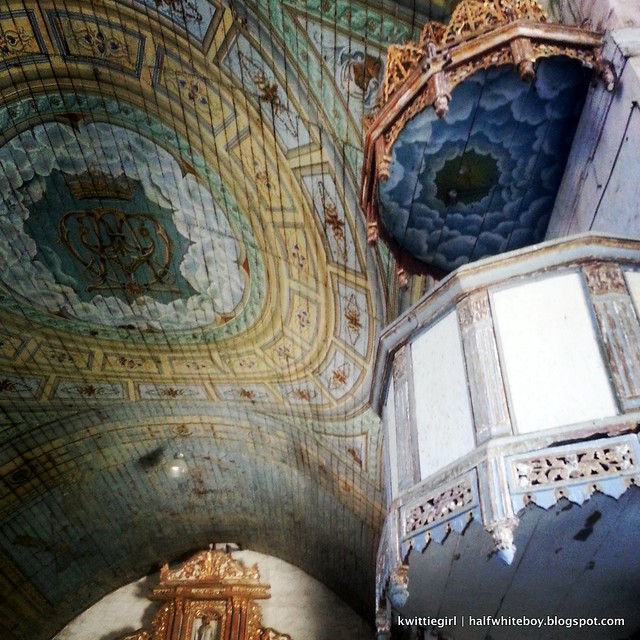
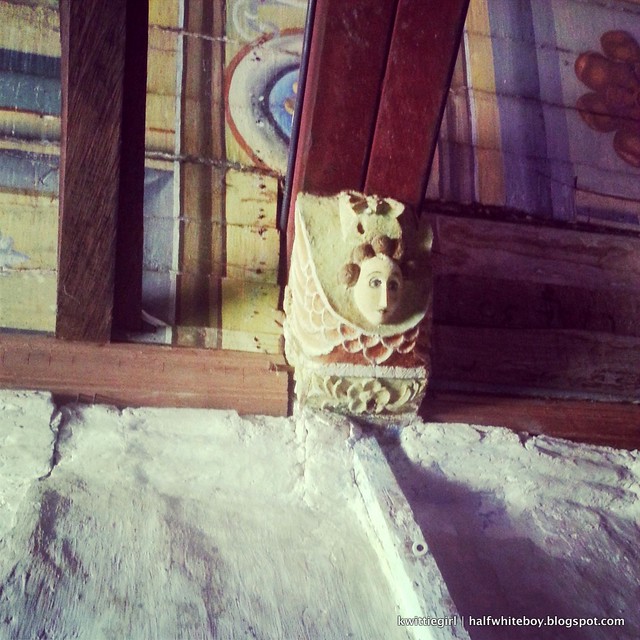
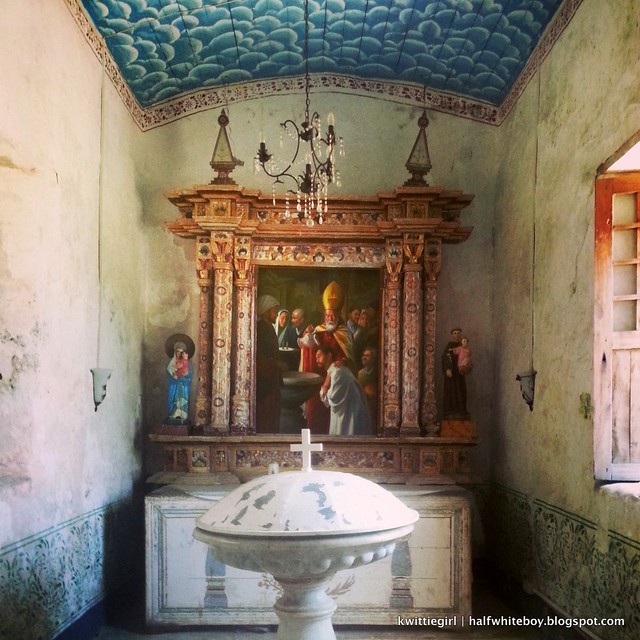
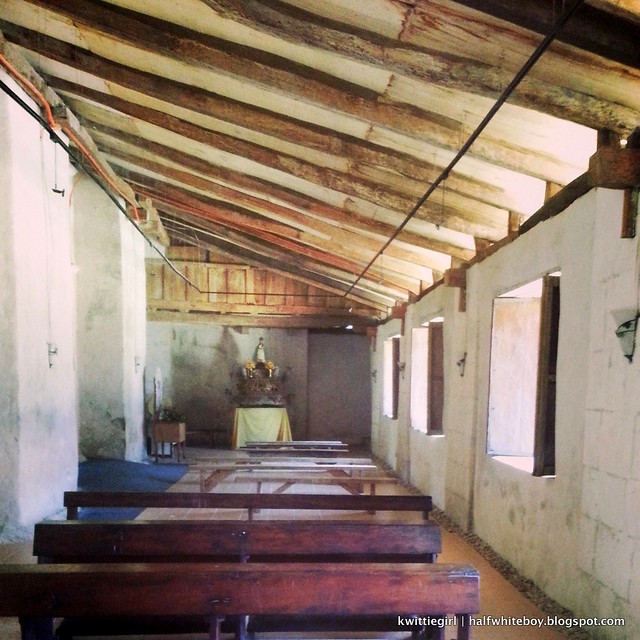
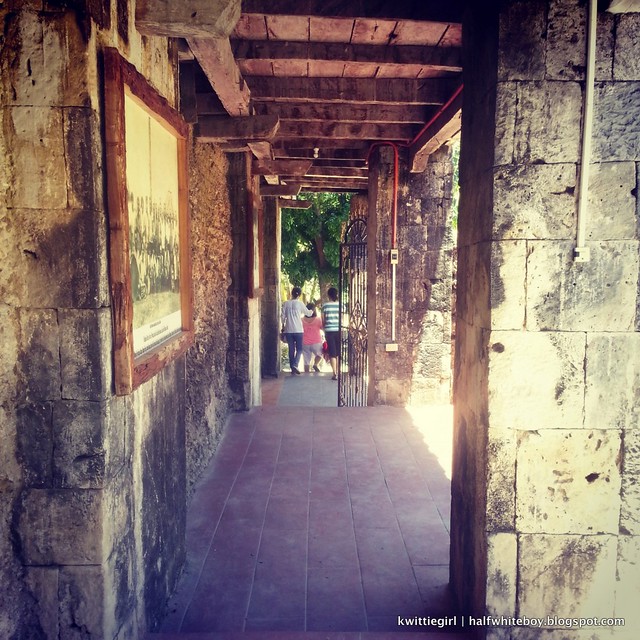
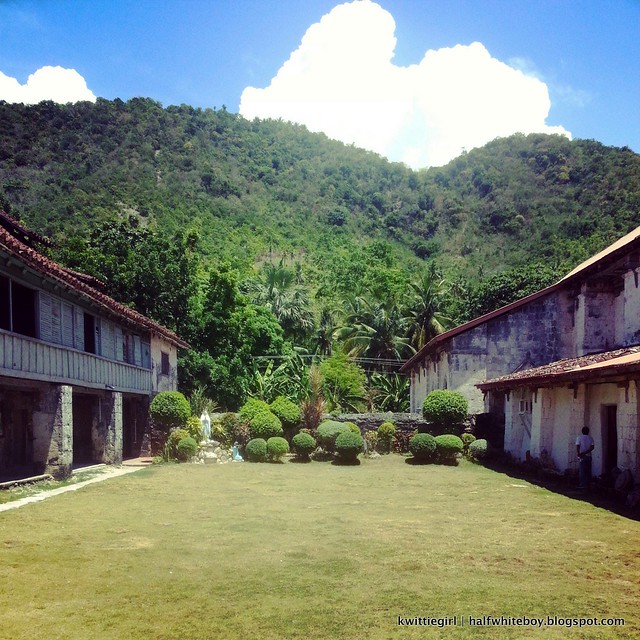
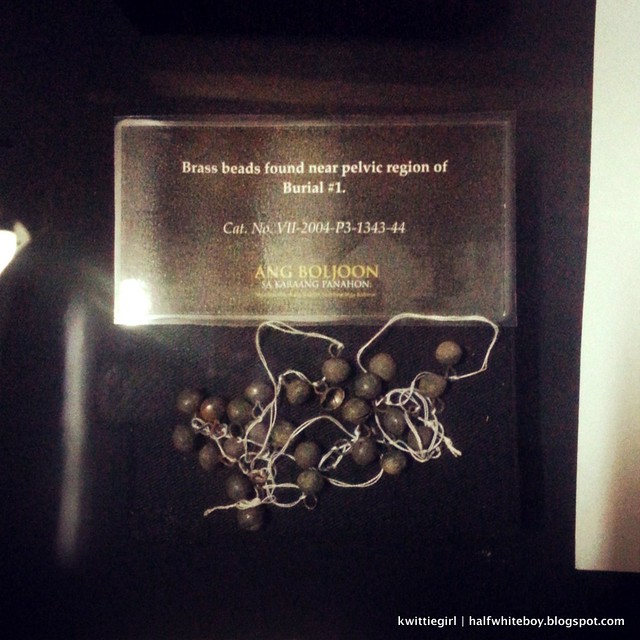
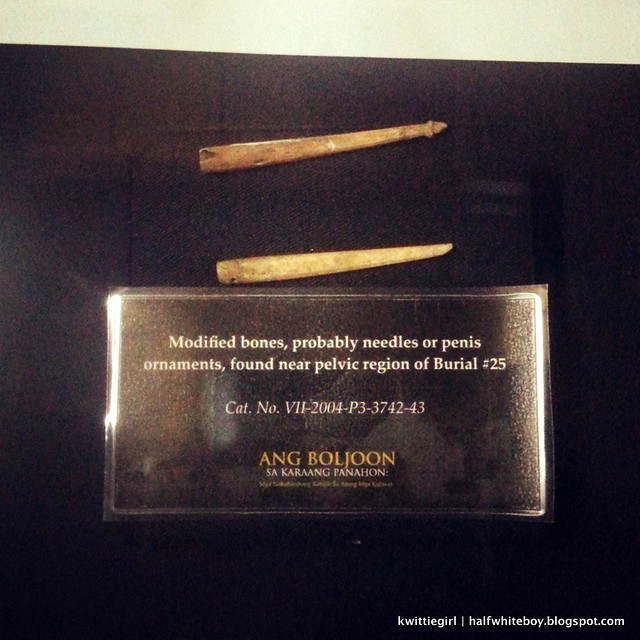
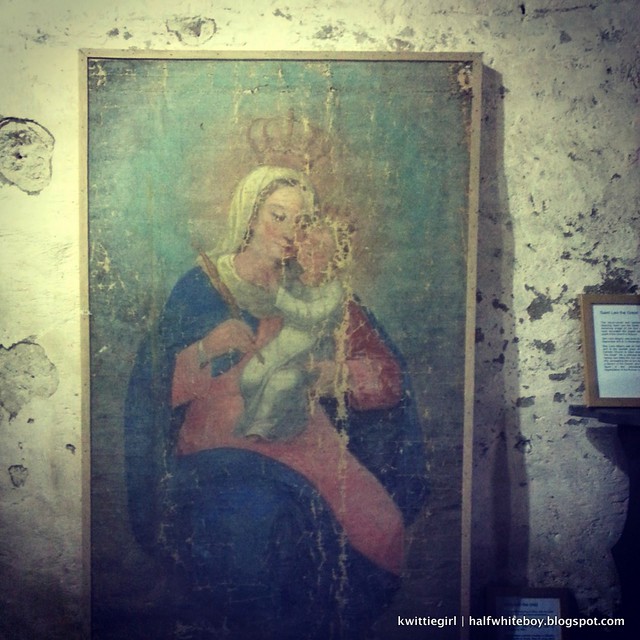
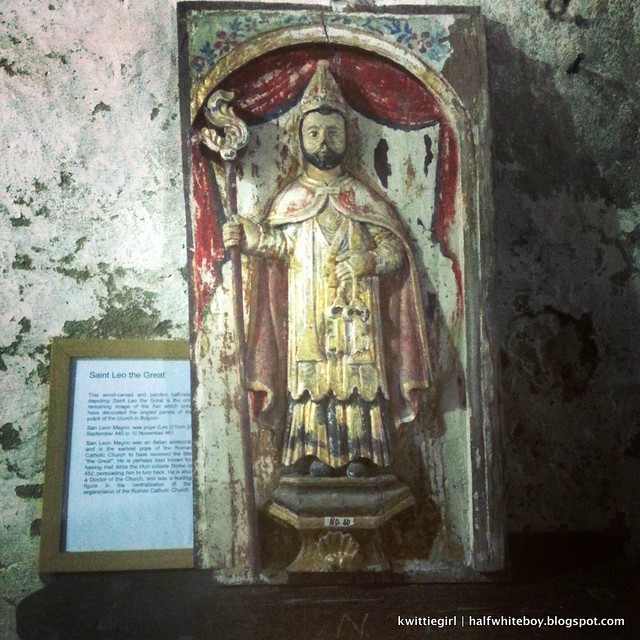
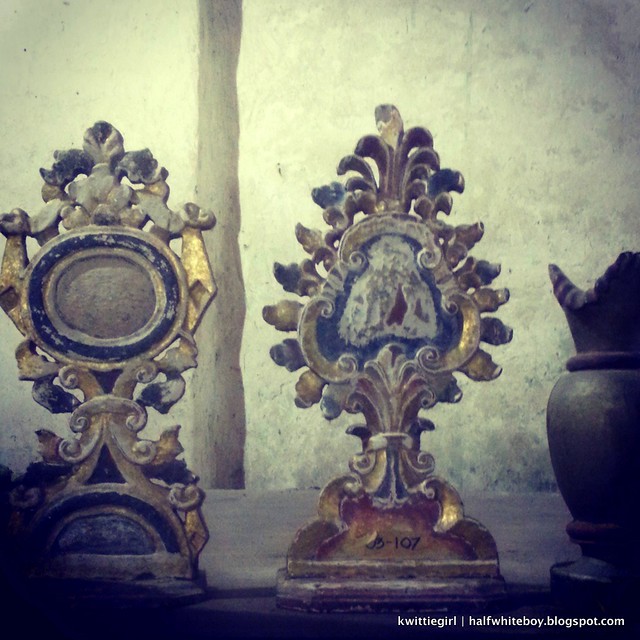
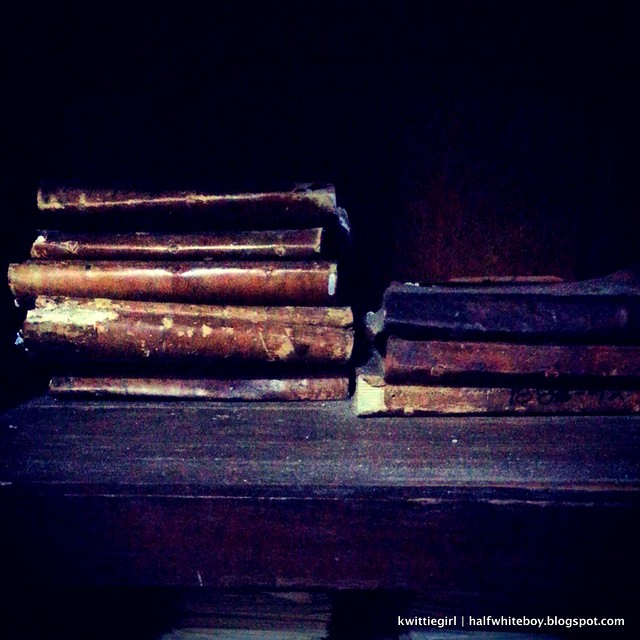
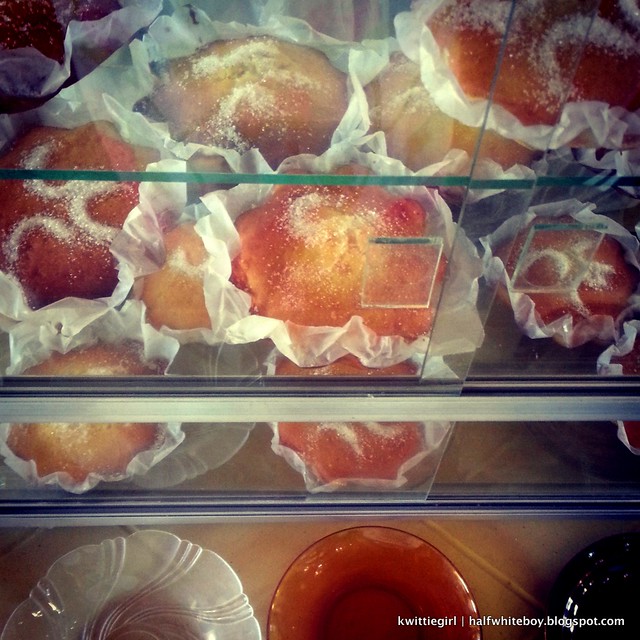
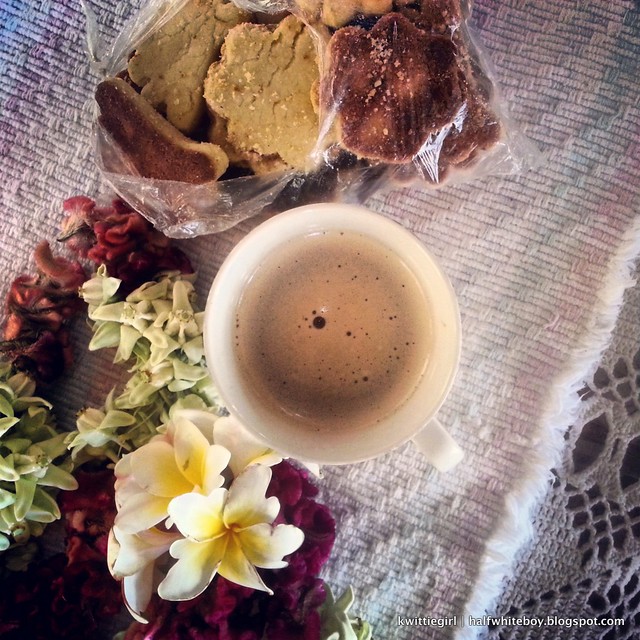
I have passed by the church and the escuela catolica hundreds of times, but shame on me, I never stopped for a visit. Thank you for sharing, I shall give this place a visit soon.
ReplyDeletewould really love to visit this place myself.
Deletegreat pix. i love old churches but the escuela catolica grabs my attention more.
ReplyDeletethanks.
DeleteIts this type of place that hold the most interesting stories...one of the things I love of your blog is that I actually learn and that is amazing. From what I´ve seen there seems to be quite the spanish presence in your history and I am very curious about it.
ReplyDeleteHugs
Andy
theblacklabelblog.blogspot.com
thank you. and yes, we were a spanish colony for more than 300 years.
DeleteThis place looks beautiful! You always go to the most amazing places!
ReplyDeletexxxo from San Francisco,
-Kim
www.KimKardashnguyen.com
Instagram:
KimKardashnguyen
Twitter:
@Kardashnguyen
I have been to Cebu a lot of times but haven't been outside the city. More reasons to go back and explore the Queen City of the South. ;)
ReplyDeleteThose TV Patrol 25 markers actually have QR codes but of the few that I've seen, some were tampered on. I think it's not even made of glass or metal so I'm not sure how much each is worth when the idiot who did that decides to sell that. I hope those QR codes/NFC-enabled markers installed in heritage sites in Boljoon and elsewhere will not suffer the same fate.
ReplyDelete